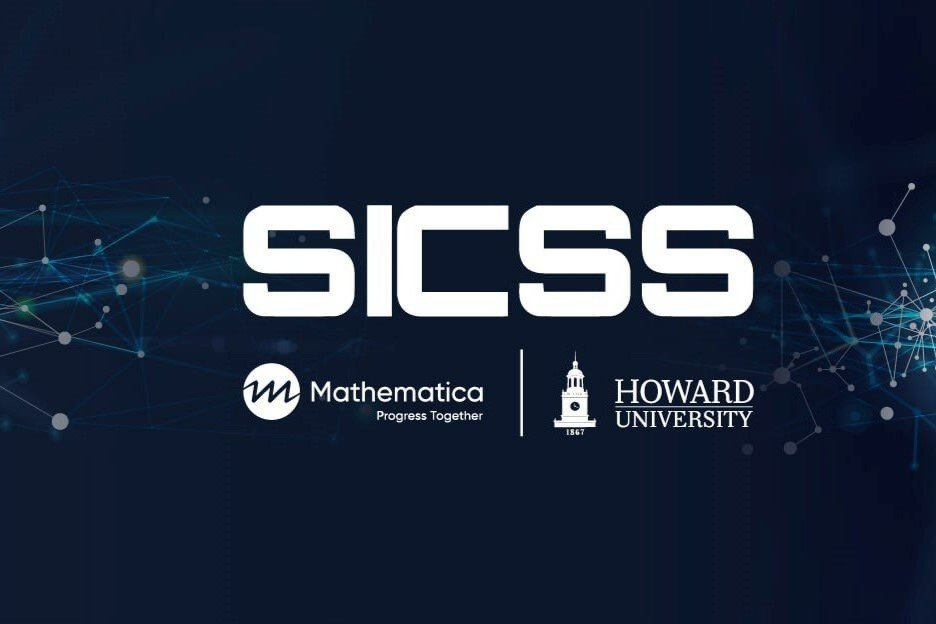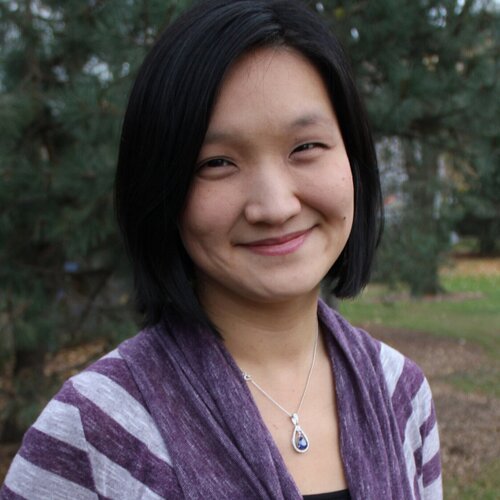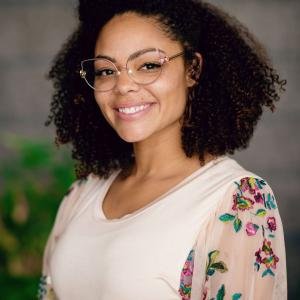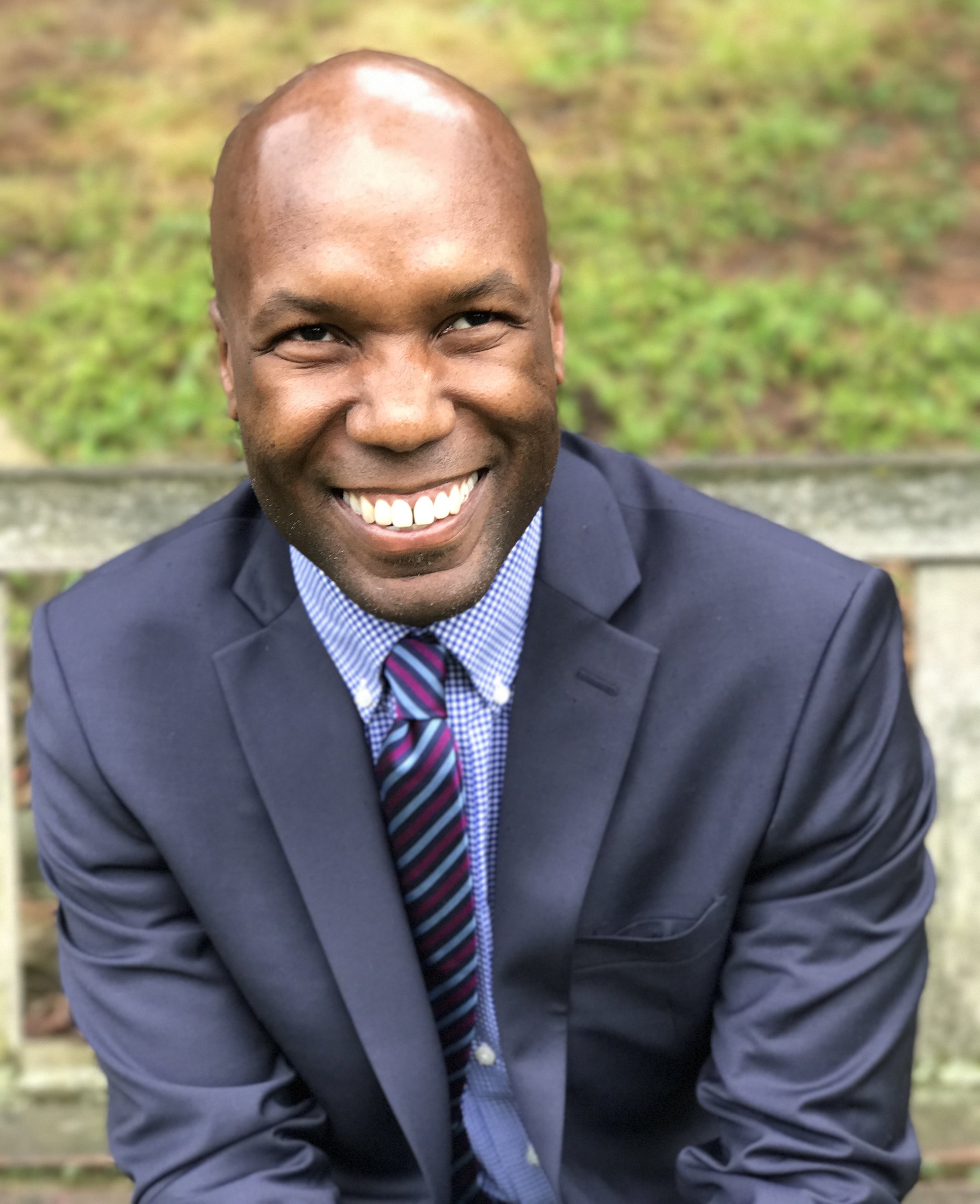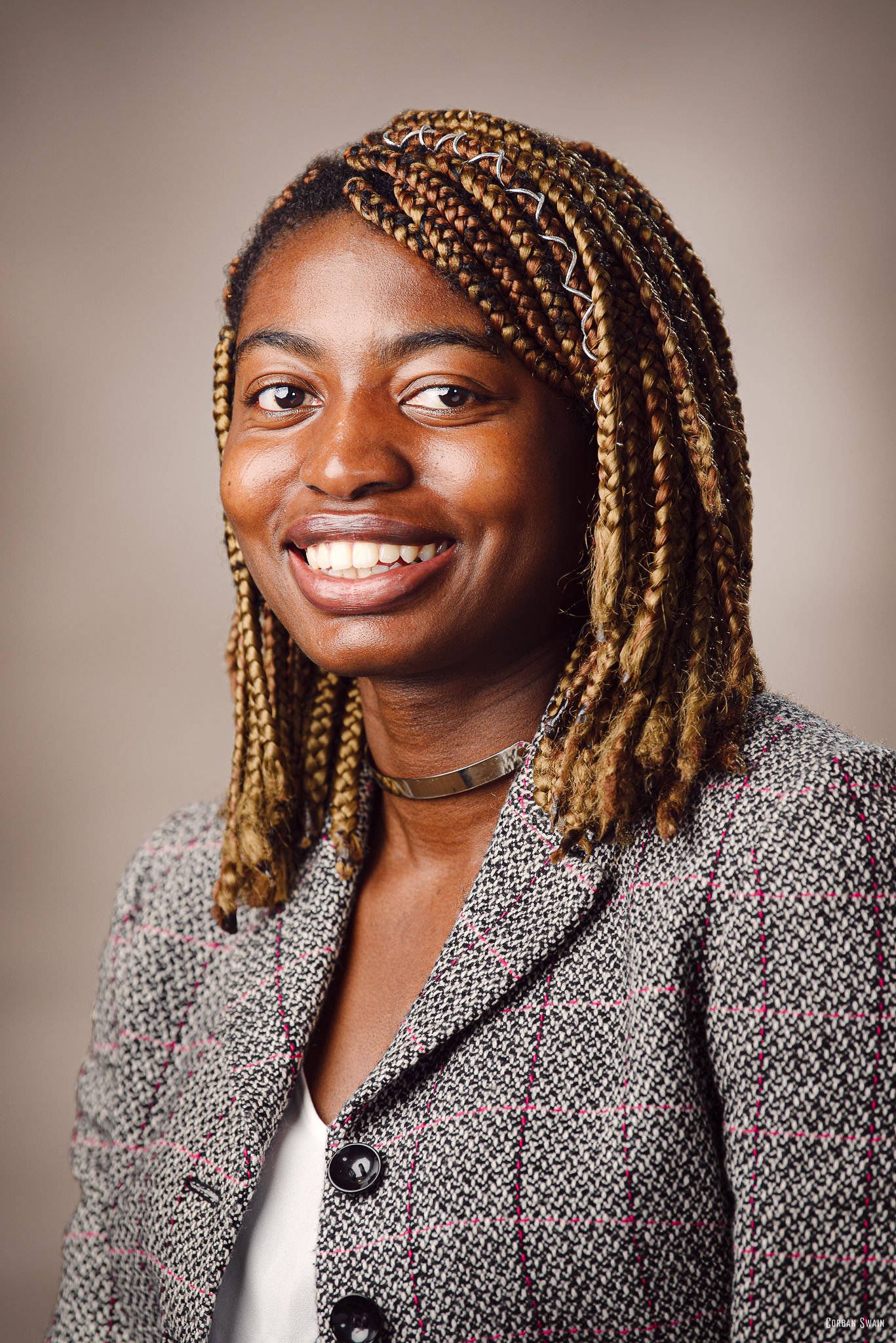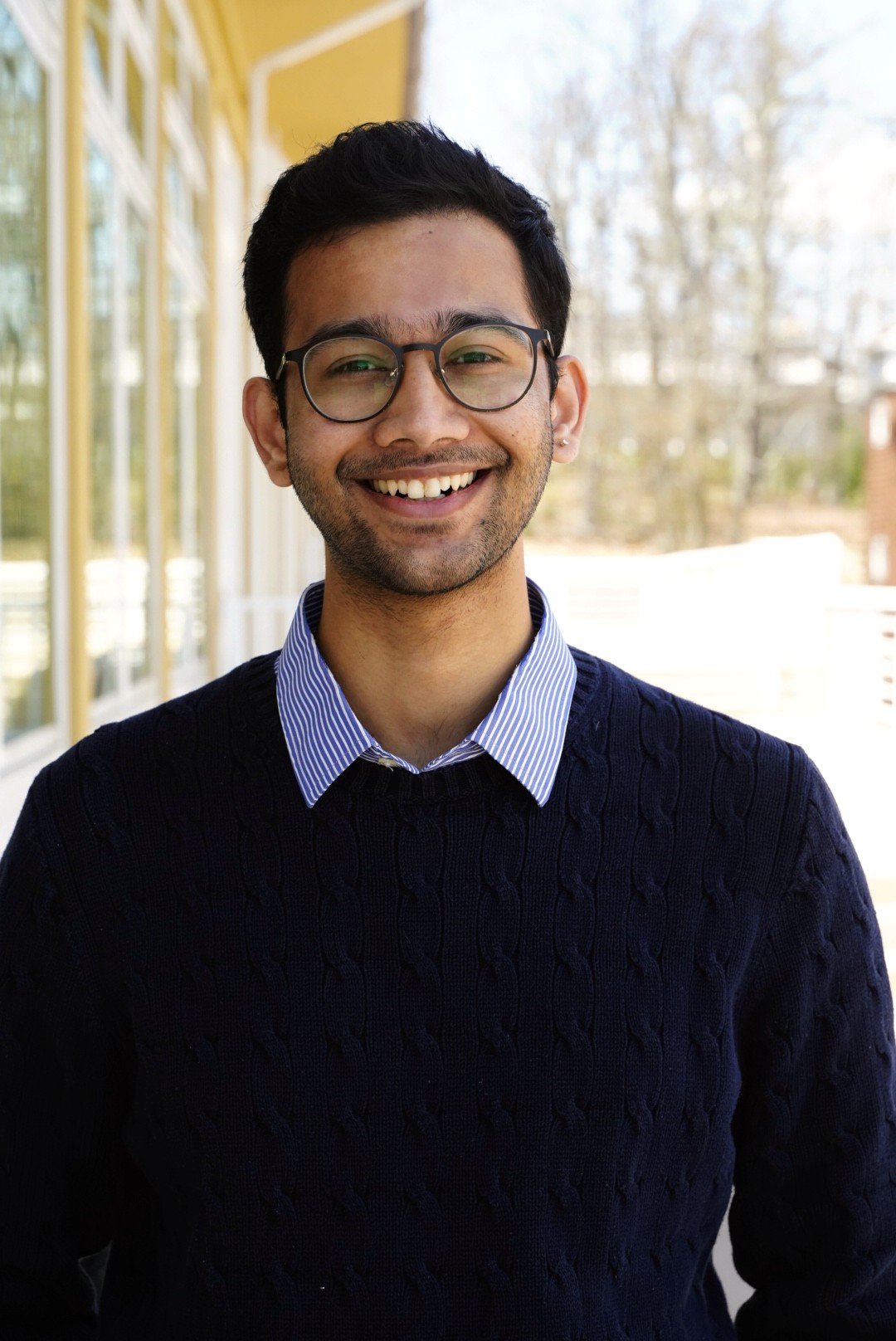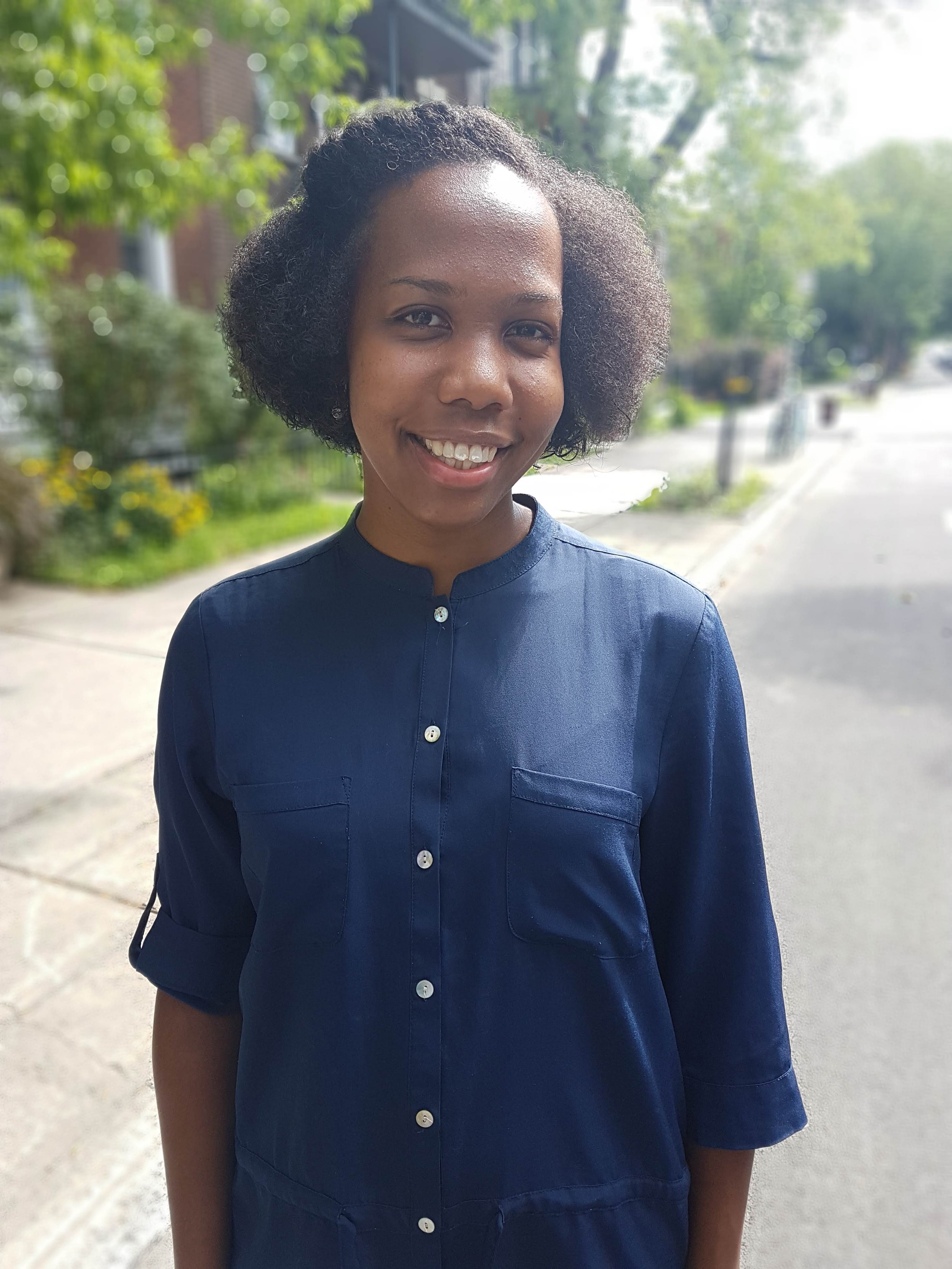SICSS-Howard/Mathematica Alumni Receive Inaugural Excellence in Computational Social Science Research Awards
This is the final post in a series of nine blogs called “The Future of Computational Social Science is Black” about SICSS-Howard/Mathematica 2021, the first Summer Institute in Computational Social Science held at a Historically Black College or University. To learn more about SICSS-H/M read the first post in the series.
Introducing the Inaugural SICSS-H/M Excellence in Computational Social Science Research fund
Support for SICSS-Howard/Mathematica participants did not end when the summer institute ended. In the final days of SICSS-H/M 2021 our financial sponsor Mathematica made a generous donation to create the inaugural SICSS-H/M Excellence in Computational Social Science Research fund to support innovative research projects originating from our site. The first fund of its kind at a SICSS site, ECSSRF manifests our belief that financial barriers should not stand in the way of imminent discoveries.
Our Excellence in Computational Social Science Research fund is a unique aspect for a partner site. While we are following closely in the footsteps of the SICSS Umbrella organization which provides team funds, we also wanted to try to provide funding for individuals as well. We are the first to offer such a fund that also includes individual projects. We are also the first site to commit to continue to make these funds available to alumni as well as current SICSS-H/M participants as their careers progress. This fund came to fruition because we witnessed brilliant sparks last summer. Over the course of the two weeks, participants brainstormed new project ideas, worked together, and used their burgeoning computational social science skills to dive deeper into their original research ideas.
Background and Excellence in Computational Social Science Research Award Selection Criteria
Applicants applied for awards between $200-$2,500 but could have received more if the project warranted it – particularly if the applications involved a large number of applicants from the SICSS-H/M community or created a common good (e.g. a database, dashboard, or tool). Applicants to SICSS-Umbrella funding have historically applied to use the money to run surveys, pay for cloud computing, websites, app-hosting costs, or to purchase data or other research costs. SICSS-H/M alumni will use it for online experiments, to launch an online crowdsourcing platform, and the creation of a database (among other things).
To be eligible for this funding, individuals had to be alumni of our 2021 site, and teams had to have at least two alumni if there were non-participants involved. A SICSS alumni also needed to be in a leadership role (e.g. first author of a project, or lead developer of a new tool). All research projects needed approval from the Institutional Review Board of the university or universities associated with the lead researchers on each team.
We received applications from both individuals and groups. This year’s applications also represented all the roles present at our institute: graduate students, postdoctoral researchers, and beginning faculty.
Proposals were evaluated according to several principles: 1) the importance of the project to computational social science; 2) the quality of the research design proposed; 3) the connection to the SICSS-H/M theme of countering anti-Black racism and inequity; and 4) benefit to the SICSS-H/M or broader SICSS community. Priority was given to projects following the SICSS-H/M theme in the form of open-access tools, data, or other resources that stood to benefit larger groups of people either within or outside the SICSS sites or projects that extended existing research or methodologies to include underrepresented groups.
Inaugural Excellence in Computational Social Science Research Award Winners
After carefully reviewing each application, three group projects and one individual project were awarded. The inaugural SICSS-Howard/Mathematica Excellence in Computational Social Science Research Fund award winners are as follows:
SICSS-H/M Alumni Individual projects
Project
“Pre-service Sentiment: Analyzing Transcripts from a Student Avatar Experiment in Classroom Management Simulations”
Awardees
Todd Hall, PhD student, Education Policy, University of Virginia.
Vivian Wong, PhD, Associate Professor, Research, Statistics, and Evaluation, School of Education and Human Development, University of Virginia.
SICSS-H/M Alumni Team projects
Project
“Global Crowns: Emotions Surrounding Natural Hair of Black Women Around the Globe”
Awardees
Nicole Jenkins, PhD Assistant Professor, Department of Sociology and Criminology, Howard University.
Sri Yeswanth (Yash) Tadimalla, PhD student, Computing and Informatics, University of North Carolina, Charlotte.
Project
“The Impact of Masks on Assessments of Facial Expressions of Pain”
Awardees
Troy Dildine, PhD candidate, Neuroscience, National Institutes of Health and Karolinska Institutet.
Regina Ebo, PhD student, Psychology, University of California, Berkeley.
Rashun Miles, PhD student, Social Welfare, University of Mississippi.
Yondu Mori , PhD candidate, Communication Sciences and Disorders, McGill University.
The SICSS-Howard/Mathematica Difference: Quotes from our Awardees
Todd Hall, a current PhD student, had this to say: “I feel deeply grateful for the continued support from SICSS Howard-Mathematica” the funds will help me to “hire research assistants to do qualitative coding that supports a sentiment analysis of transcripts from a classroom management simulation experiment.”
Nicole Jenkins, Assistant Professor of Sociology at Howard University expressed excitement to finally kick-off parts of her team’s project after temporarily having to pause. The funding was a game-changer for her and her teammate Yash Tadimalla, a PhD Student at University of North Carolina, Charlotte.
She also noted that “SICSS-Mathematica/Howard was an unforgettable process. The “opportunity to share space with so many brilliant intellectuals provided me with a sense of confidence and community that I didn't even know I needed.” The affirming space introduced her to even more scholars who “focus their research interests on issues in the Black Community” just like she does. She also reflected on the support provided, saying “While I left with a new set of research skills, I also left with life hacks that continue to support me in my research and work-life balance. It is an honor to be part of this experience and cohort."
Until Next Time
The SICSS-H/M team wants to again congratulate our inaugural awardees. Please plan to check out their pre-recorded “Funded Alumni Research in Progress” panel during SICSS-H/M 2022. Attendees will also get to join them for a LIVE (virtual) Q+A. Both will be posted on our website as scheduled activities on June 19, 2022.
The Excellence in Computational Social Science Research Fund application will once again be available for SICSS-H/M participants and alumni to encourage engagement across alumni classes during the 2022 institute. We look forward to seeing more exceptional proposals!
For more information about SICSS-Howard/Mathematica 2022 and the application procedure, check out our website. Also follow us on Twitter, like us on Facebook, and join our email list.
About the Authors
Kristina Hiraishi is a third-year undergraduate at the University of California, Berkeley, pursuing a degree in Data Science with an emphasis in Economics. Kristina served as a research assistant project lead, and co-lab manager in the AAC&U award-winning, Berkeley-based Interdisciplinary Research Group on Privacy under PhD Candidate Naniette Coleman. Kristina served as an Event Assistant for SICSS-Howard/Mathematica 2021, focusing on participant experience and background research.
Naniette H. Coleman is a PhD candidate in Sociology at the University of California Berkeley and a multi-year UC-National Laboratory Graduate Fellow (Los Alamos). She is the only social scientist selected for this distinction in the history of the program. Naniette is also the founder and lead organizer of the first Summer Institute in Computational Social Science at a Historically Black College of University, SICSS-Howard/Mathematica 2021. Naniette’s work sits at the intersection of the sociology of culture and organizations and focuses on cybersecurity, surveillance, and privacy in the US context. Specifically, Naniette’s research examines how organizations assess risk, make decisions, and respond to data breaches and organizational compliance with state, federal, and international privacy laws. Naniette holds a Master of Public Administration with a specialization in Democracy, Politics, and Institutions from the Harvard Kennedy School of Government, and both an M.A. in Economics and a B.A. in Communication from the University at Buffalo, SUNY. A non-traditional student, Naniette’s prior professional experience includes local, state, and federal service, as well as work for two international organizations, and two universities. I welcome the opportunity to write about and talk about my research and my efforts to make CSS more diverse. Please reach out via my website: www.naniettecoleman.com.

